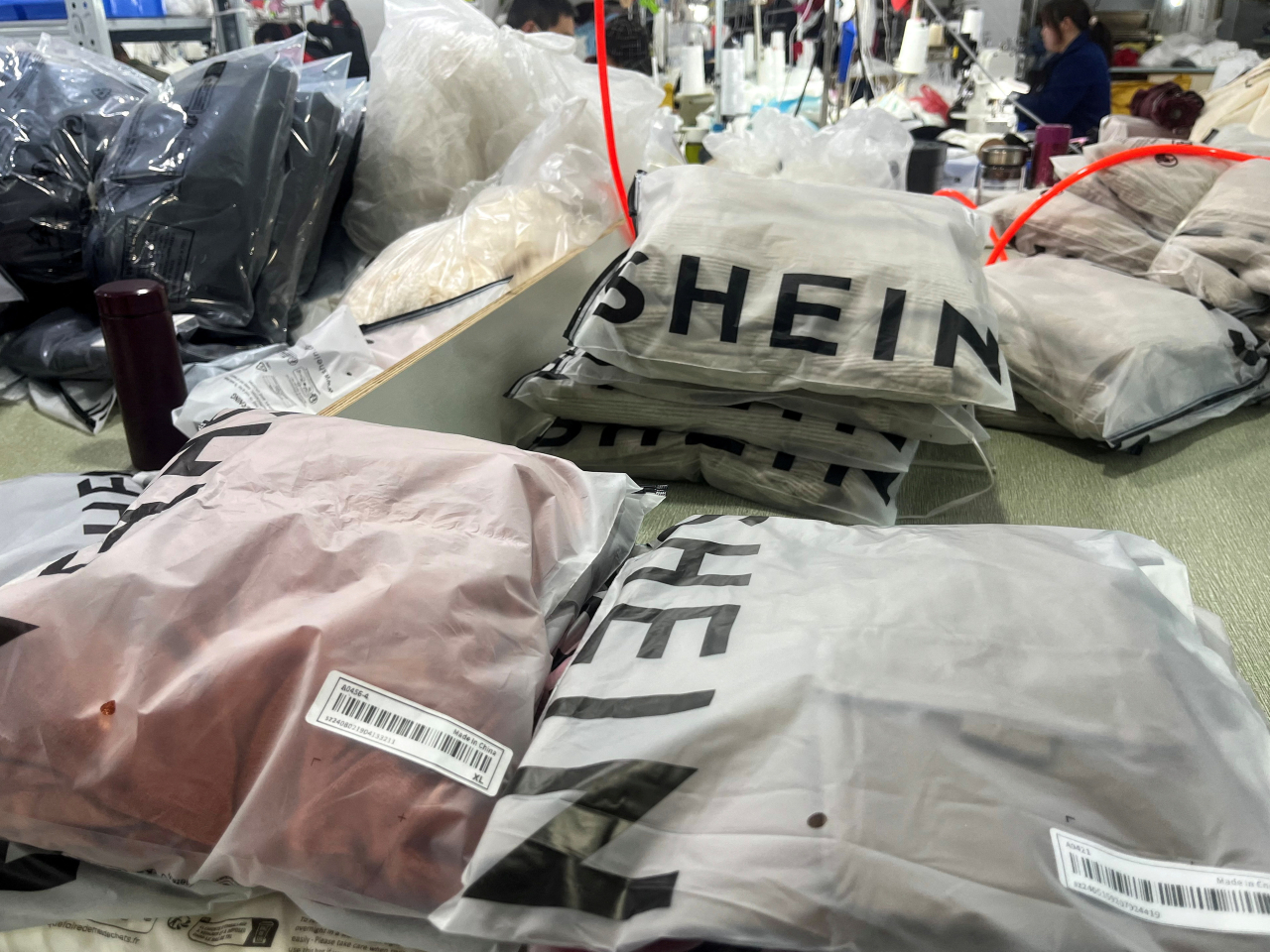The US tariff exemption for package shipments valued under US$800 ended on Friday, raising costs and disrupting supply chain models for e-commerce companies, small businesses using online marketplaces and consumers alike.
The US Customs and Border Protection agency began collecting normal duty rates on all global parcel imports, regardless of value, country of origin, or mode of transportation at 12.01pm Hong Kong time on Friday. It offered a flat-rate duty option of US$80 to US$200 per package shipped from foreign postal agencies for six months.
The move broadens the Trump administration's cancellation of the de minimis exemption for packages from mainland China and Hong Kong in May as part of an effort to halt shipments of fentanyl and its precursor chemicals into the United States.
"This is a permanent change," a senior administration official said, adding that any push to restore the exemptions for trusted trading partner countries was "dead on arrival".
The de minimis exemption has been in place since 1938, starting at US$5 for gift imports and was raised from US$200 to US$800 in 2015 as a means to foster small business growth on e-commerce marketplaces.
But direct shipments from China exploded after President Donald Trump raised tariffs on Chinese goods during his first term, creating a new direct-to-consumer business model for e-commerce firms Shein and Temu.
The National Coalition of Textile Organizations called the move a "historic win" for US manufacturing by closing a loophole that allowed foreign fast-fashion firms to avoid tariffs and import apparel sometimes made with forced labor, undercutting American jobs. "The administration’s executive action closes this channel and delivers long overdue relief to the US textile industry and its workers," it said.
US Customs and Border Protection has estimated that the number of packages claiming the de minimis exemption jumped nearly 10-fold from 139 million in fiscal 2015 to 1.36 billion in fiscal 2024 – a rate of nearly four million per day.
Retail analysts say that the end of de minimis will likely raise prices for many goods sold through e-commerce companies, as goods that previously avoided tariffs because of the exemption will ultimately be charged duties. This may put such firms on a par with costs for more established retailers like Walmart, which tend to import merchandise in bulk containers that are subject to tariffs.
US customs has collected more than US$492 million in additional duties on packages shipped from mainland China and Hong Kong since their exemptions were eliminated on May 2, another Trump administration official said.
The official said that full tariff rates will apply to all packages shipped by express carriers such as FedEx, United Parcel Service and DHL. These firms are better set up to collect duties and process customs data than traditional postal agencies.
Foreign postal agencies can opt to collect and process the duties based on the value of the package contents, or opt for the flat rate method by collecting a flat tax based on Trump's "reciprocal" tariff rates currently in place on goods from the country of origin.
Based on US customs guidance issued on Thursday, parcels would be charged US$80 from countries with Trump-imposed duty rates below 16 percent, such as Britain and the European Union, US$160 from countries between 16 percent and 25 percent, such as Indonesia and Vietnam, and US$200 from countries above 25 percent, including China, Brazil, India and Canada.
But postal services must shift to full "ad valorem" duty collection based on the value of the shipments by February 28, 2026, the second official said, while acknowledging that some foreign postal services have suspended mail to the United States. (Reuters)





